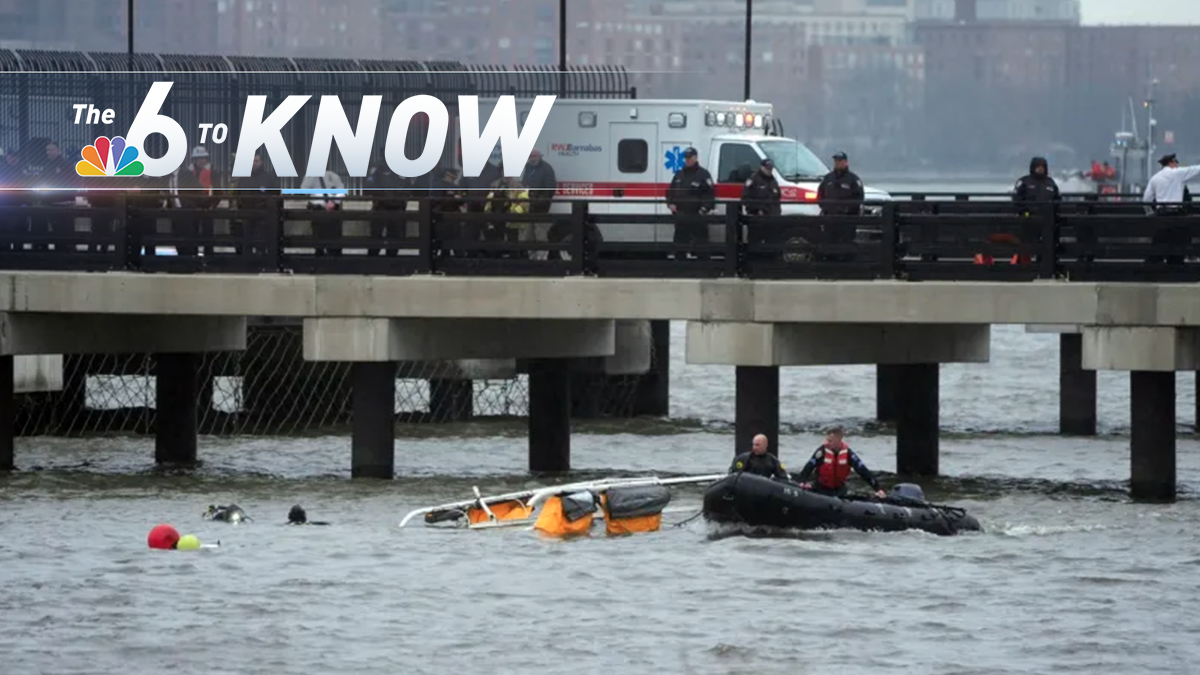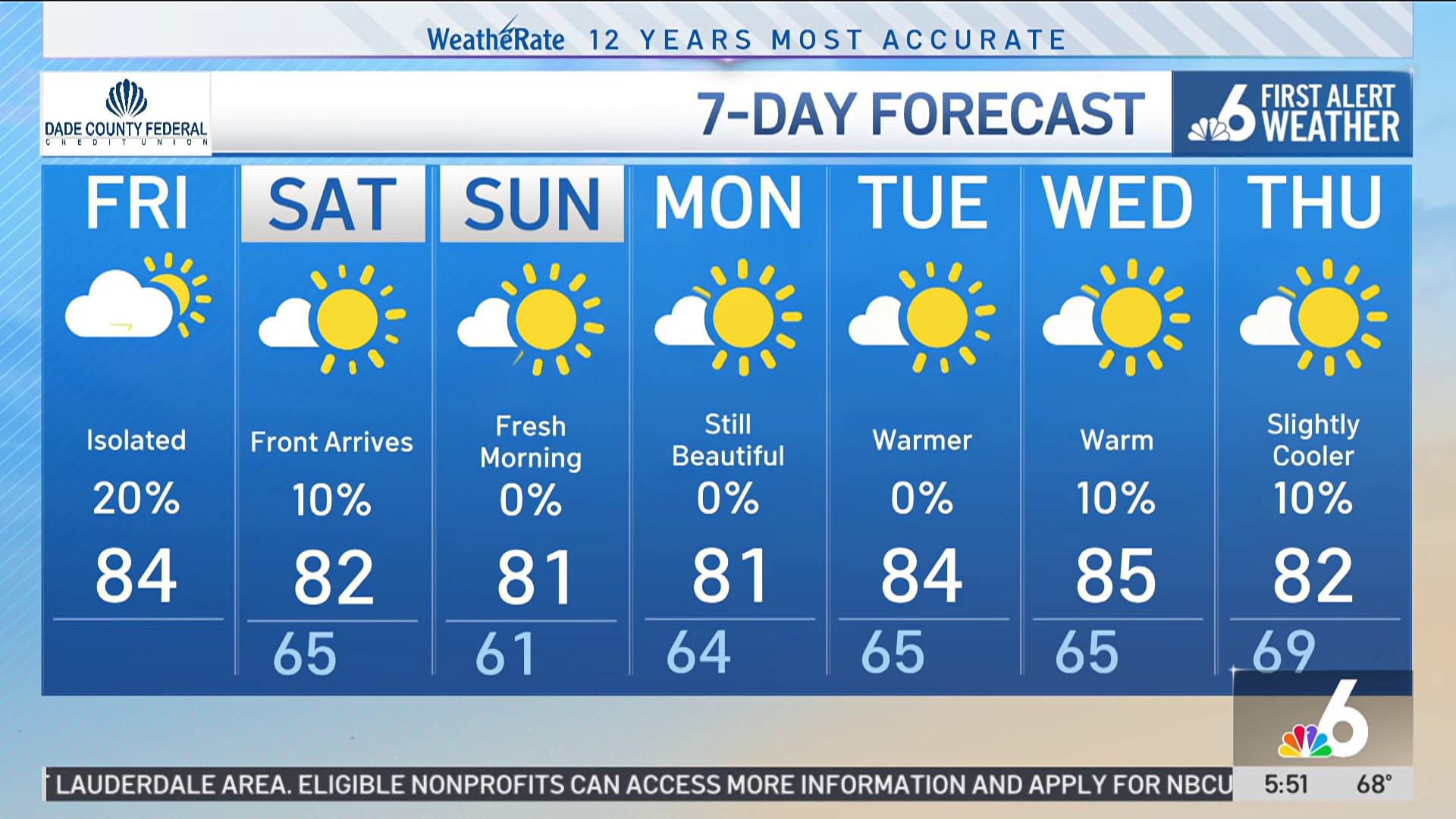The Republican presidential candidate sat down for an interview with NBC Miami’s Jackie Nespral Wednesday, as he campaigned in Miami.
Republican presidential rivals Newt Gingrich and Mitt Romney took tough stances on Cuba during appearances in Miami Wednesday, with the surging former House speaker advocating putting pressure on the Castro brothers to topple their regime and proposing a "Cuban Spring," and Romney saying that he would work to change regimes as president.
Speaking at Florida International University, Gingrich criticized President Barack Obama's stance on the Cuban dictatorship.
"I think the president has been almost exactly going in the wrong direction in Cuba. I believe we need to take a very clear position that over 50 years of dictatorship is more than enough," Gingrich said. "I don't think it's ever occurred to a single person in the White House to look south and propose a 'Cuban Spring.'"
Gingrich compared the Castro regime to Egypt's Hosni Mubarak, and said it would be toppled in much the same way as the Soviet empire in the '80s.
"My commitment is very simple. I will use very non-military tools that President Reagan, Prime Minister Thatcher and Pope John Paul II brought to bear on the Soviet Empire," Gingrich said.
Gingrich said such tactics would include "moral pressure, psychological pressure, information pressure, economic pressure, covert assistance."
After claiming victory in Saturday's South Carolina primary, Gingrich has essentially pulled even with Romney in Florida, with just six days to go before the Sunshine State's crucial GOP contest. A new Quinnipiac University poll released Wednesday shows that the former Massachusetts governor's once-large lead over Gingrich has been whittled down to just two points, making the race a toss-up.
Romney, however, has strong support from the state's Republican establishment, as was made clear when he made an appearance Wednesday at the Freedom Tower in downtown Miami surrounded by leaders such as Congresswoman Ileana Ros-Lehtinen and former Senator Mel Martinez.
The ornate historic building was an immigration station for Cuban refugees from 1962 to 1974, and at Wednesday's event, hosted by the U.S.-Cuba Democracy PAC, Romney emphasized giving freedom to Cubans, and said he would work to change regimes in the country.

“It is time for us to strike for freedom in Cuba, and I will do so as president,” he said.
Romney criticized President Obama for opening up relations with Castro’s Cuba by allowing more remittances and travelers to go back to the country and expecting the dictator to give something back in return.
“We have to recognize that if we given and accommodate and appease evil people in the world, they will not be good back to us,” he said.
Local
As president, Romney said, “we will return to Helms-Burton and the law and we won’t give Castro any gifts.”
Romney said he expected the octogenarian Castro to leave the planet soon, and speculated that after his death he would be spending time not in a heavenly place but in “a nether region.”
Romney also promised to pay more attention to Latin America as a whole than the incumbent Democrat. “I will use the power of America to spread freedom in Latin America,” especially in Cuba, he promised.
Romney said that in his administration he wants to have one person focused on the broader region “whose responsibility is to encourage freedom and democracy in Latin America, who is thinking day in and day out” about that, and coordinating such efforts working with government agencies.
Meantime, Gingrich said that he would work to prevent a successor to the Castro brothers.
"An all-out American effort in alliance with the Cuban people to facilitate the future of Cuba and a clear message to the younger members of the dictatorship that they are not going to succeed, there will not be a succession to Castro," Gingrich said. "That if they want a positive, prosperous future it will be in a democracy, because we are in fact not going to allow a negative future of the new generation of dictators replacing the Castro brothers."



